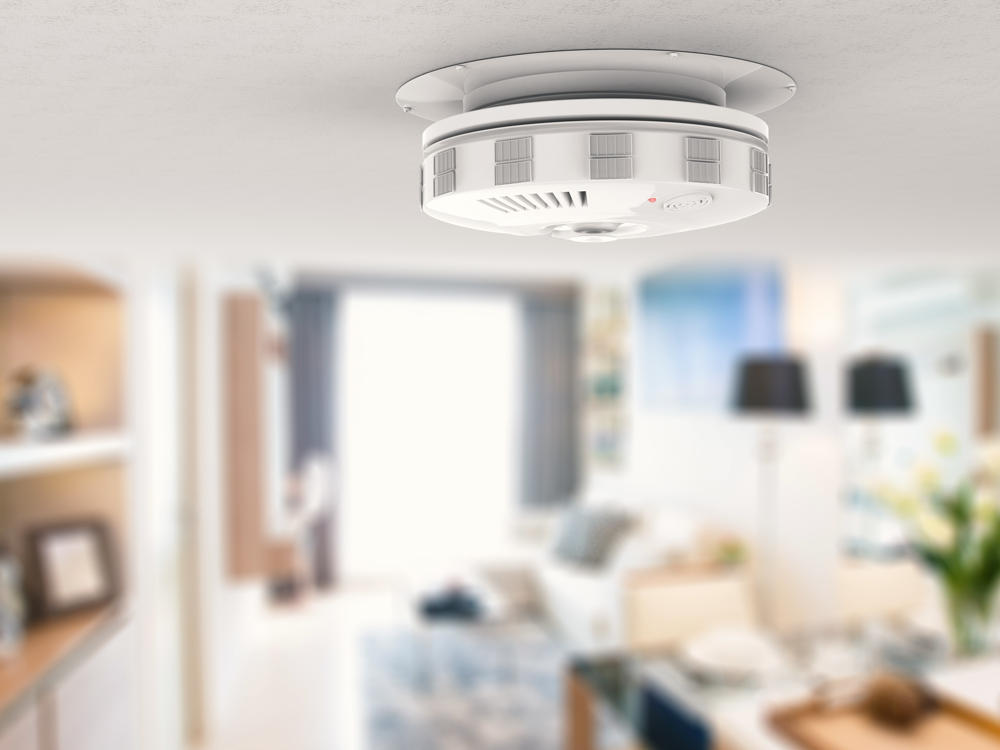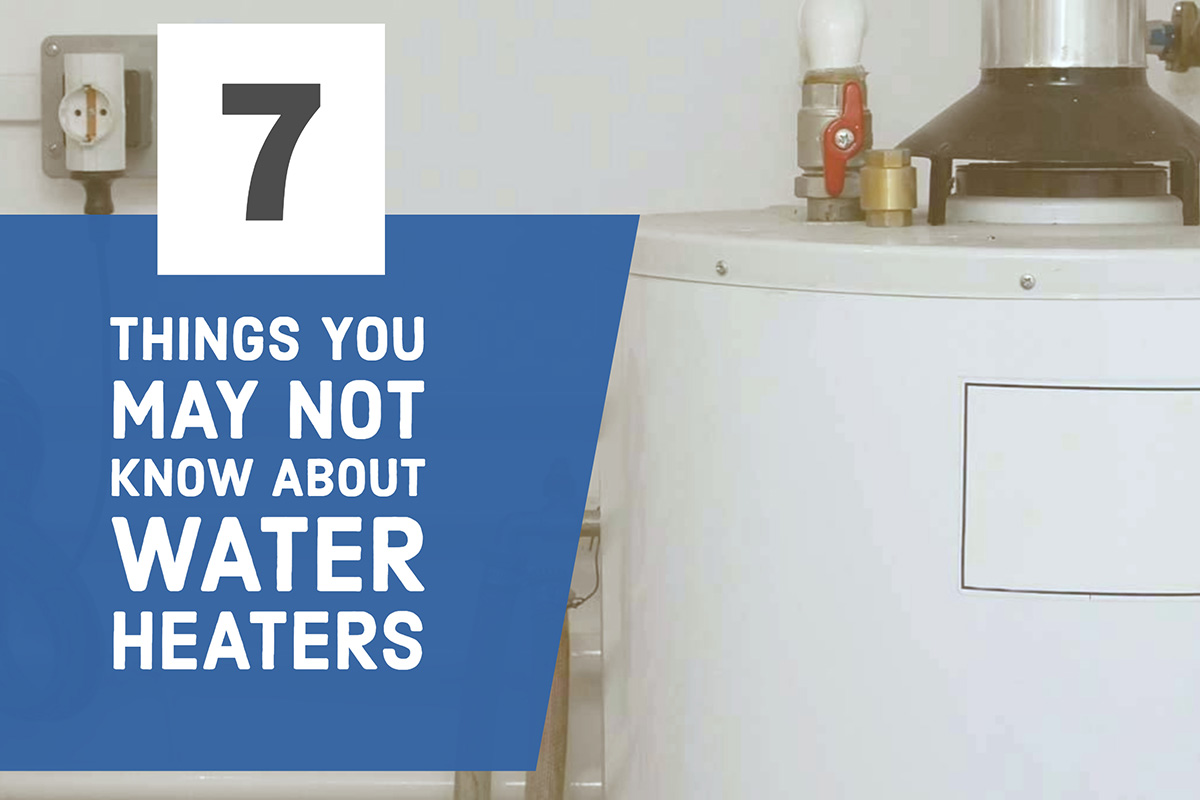Air quality directly affects our health.
It’s important for us to be aware of the pollutants within the air we breath and ways to alleviate or eliminate them. This is an issue we have all been dealing with the Northwest recently, with air quality being in unhealthy ranges due to fires. But most of the time, pollutants are invisible to the naked eye. Because of this, it is especially important to make a conscious effort to be aware of this concern because we all know the saying, “out of sight, out of mind.” Here is some information about air pollutants and ways we can manage the air we breathe to improve our health.
Remove hazardous chemicals. Products contacting hazardous chemicals (like lead and asbestos) were frequently used in construction in previous decades. Such chemicals are toxic and pose very serious health risks to individuals who are exposed. Although these materials are not used in modern construction, they are still present in some of the insulation, shingles, cement, caulking, paint, piping and other parts of the infrastructure we live in today. Given the knowledge of the serious health risks associated with these chemicals, it is not recommended that homeowners work around or attempt to remove these hazards on their own. Professional companies exist to perform these hazardous tasks for you and have received specialized training to do so in a safe manner. If you have any reason to believe that your home might be affected by these hazards, attempt to limit exposure to these areas and consult with a professional to have this addressed.
Improve your home's circulation to deter the growth of mold. Mold can develop when excess moisture is present in the air. This moisture-filled environment can occur in rooms with poor circulation, as well as in areas that are exposed to the presence of water, such as your bathroom or basement. Black mold poses a serious health risk, affecting your respiratory system greatly due to the release of spores into the air you breathe. Preventing the growth and development of mold is essential. However, should you discover mold in your home, contact a professional company to aid in the management and elimination of this situation. Improving circulation in your home can help to prevent the development of mold in the first place. This might include staging fans appropriately throughout your home, running the bathroom fan while taking a shower, using dehumidifiers as necessary, opening windows to bring outdoor air inside, or keeping your home from reaching high temperatures inside during warm weather.
Change your furnace filters. How often should you change them? It depends on the type of filter you're using, how many people and pets you have in the home, and the outside air quality. Manufacturers usually recommend you change air filters every 30-60 days. If you suffer from allergies, you should consider upgrading the filter and changing them more often. For example, if you have a home with a large family and several pets in a suburban area, you may want to change your filter every 20-30 days. But if you live in a rural home by yourself with no pets, you could change them every 6-12 months. It's a good idea to put a recurring event on your calendar to remind you when it's time to change the filters.
Use an air cleaner. There are many types and sizes of air cleaners on the market, ranging from relatively inexpensive table-top models to sophisticated and expensive whole-house systems. Some air cleaners are highly effective at particle removal, while others, including most table-top models, are much less so. Air cleaners are generally not designed to remove gaseous pollutants.
Let houseplants naturally clean your air. Houseplants may also help to improve your indoor air quality. This is an easy and effective way to introduce clean air into your home. Not only is the price point low, but plants also have a beautifying affect to improve moods and overall aesthetics of your home. HGTV informs us of the 10 best plants for cleaning indoor air: English Ivy, Bamboo Palm, Chinese Evergreen, Gerbera Daisy, Dragon Tree, Mother-in-Law’s Tongue, Pot Mum, Peace Lily, Spider Plant, and the Mass Cane/Corn Plant.
If you need assistance with finding a contractor, please contact us. We'd be happy to refer you to one of our trusted vendors.





